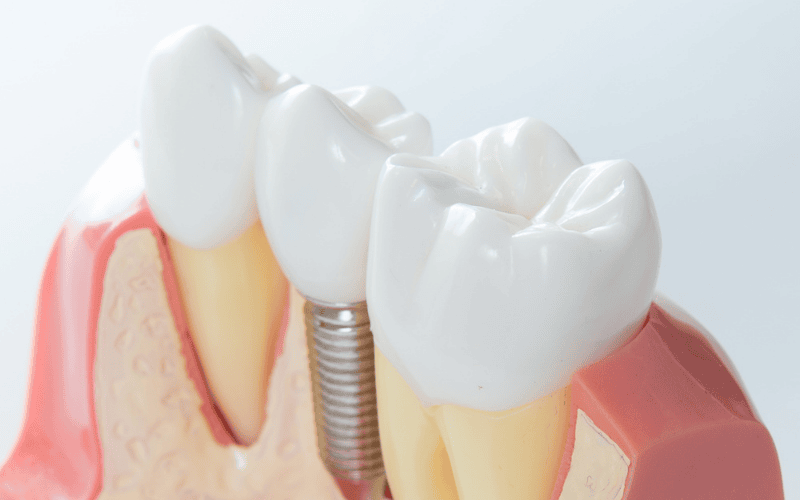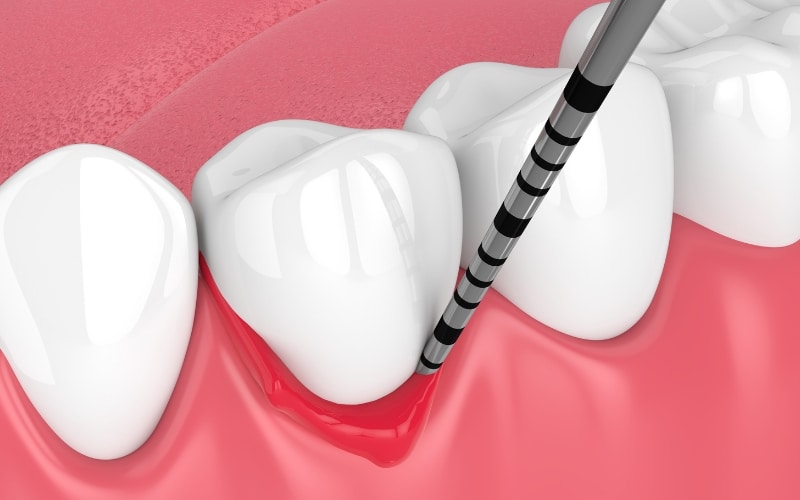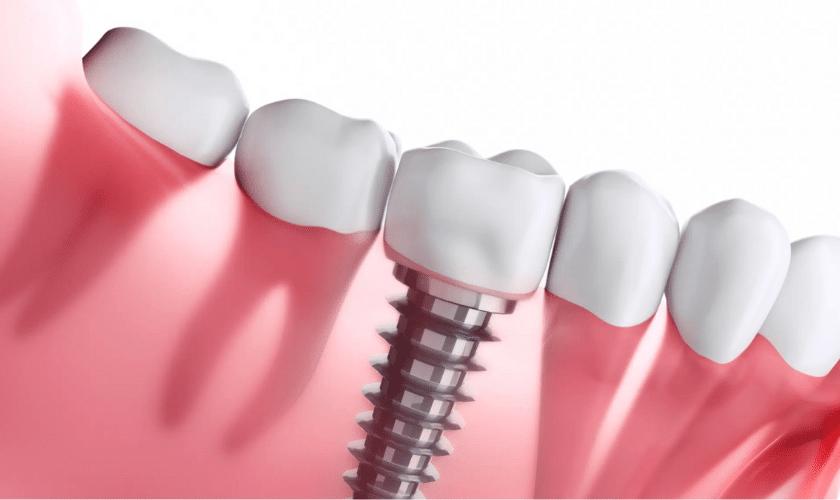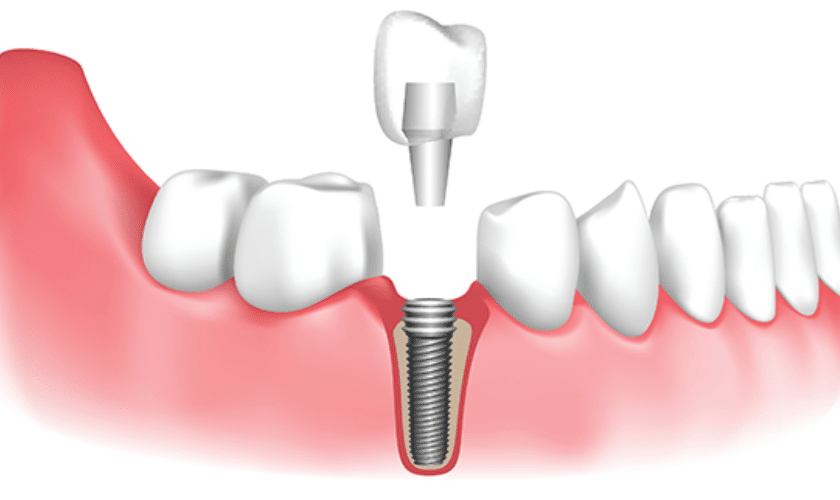3850 W Greenway Rd, STE 100 Phoenix, AZ 85053

Dental implants offer a reliable solution for replacing missing teeth. They provide a strong foundation for artificial teeth that look and function like natural ones.
Understanding the implant process is crucial for anyone considering this option. Knowing the benefits, risks, and care involved can help you make an informed decision.
This guide will cover everything you need to know before getting an implant.
What Are Dental Implants?
Implants are artificial tooth roots made of titanium. They are surgically placed into the jawbone to support crowns, bridges, or dentures. Unlike traditional options, they fuse with the jawbone, providing stability and strength. This fusion helps maintain the jawbone’s structure, preventing deterioration over time.
Dental implants offer several advantages over bridges and dentures. Bridges rely on adjacent teeth for support, which can weaken them. Dentures can slip, causing discomfort and embarrassment.
In contrast, implants provide a permanent, secure solution that enhances function and aesthetics. Many patients prefer implants for their natural appearance and durability.
Who Is a Good Candidate?
Several factors determine if someone is a good candidate for implants. Age is an important consideration. Generally, patients should be at least 18 years old, as jawbone growth must be complete.
Oral health plays a critical role in candidacy. Patients need healthy gums and adequate bone density to support the implant. If you have gum disease or insufficient bone, your dentist may suggest treatments to improve your condition before proceeding.
Lifestyle factors also influence candidacy. Smokers may face higher risks of implant failure due to reduced blood flow to the gums. Certain health conditions, like diabetes or autoimmune disorders, can complicate the healing process. If you have these issues, consult your dentist for personalized advice.
Overall, a thorough evaluation by a dental professional will help determine if you are a suitable candidate for implants.
The Dental Implant Process
Initial Consultation and Assessment: Getting a dental implant in Phoenix starts with an initial consultation. During this appointment, your dentist will thoroughly examine your mouth. They will review your medical history and conduct X-rays or 3D imaging to assess your jawbone and surrounding structures.
This information helps determine if you are a suitable candidate for an implant and identifies any underlying issues that need addressing, such as gum disease or bone loss.
Treatment Planning: After the assessment, your dentist will create a detailed treatment plan tailored to your needs. This plan will outline the type of implant suitable for you, the number of implants needed, and the overall timeline for the procedure.
Your dentist will discuss potential costs and payment options, ensuring you fully understand the process before moving forward.
Surgical Procedure Overview: On the day of the surgery, you will receive local anesthesia to minimize discomfort. The dentist will then place the implant into your jawbone through a small incision in the gum tissue.
This procedure typically takes one to two hours, depending on the complexity. After placing the implant, the dentist may attach a temporary crown to help protect the site while healing occurs.
Recovery Timeline: Following the surgery, a healing period is necessary for the implant to fuse with the jawbone, a process known as osseointegration. This can take several months. During recovery, you may experience swelling and mild discomfort, which can be managed with prescribed pain relievers.
Most patients return to normal activities within a few days, but complete healing can take up to six months. Regular follow-ups with your dentist will help monitor your progress and ensure everything is healing properly.
Risks and Considerations
While dental implants are generally safe, some risks exist. Common complications include infection at the implant site and damage to nearby teeth or blood vessels. In rare cases, implants may fail to fuse with the jawbone, requiring removal.
Choosing a qualified professional is essential for reducing risks. Ensure your dentist has experience with implants and a good track record. Ask for recommendations or read reviews from previous patients. A proficient dentist will conduct thorough assessments and follow best practices during the procedure.
It is also crucial to discuss any health issues with your dentist before surgery. They can provide tailored advice and may recommend additional treatments to minimize risks. Being informed and proactive will help ensure a successful implant experience.
Aftercare and Maintenance
Post-surgery care is vital for a smooth recovery. Follow your dentist’s instructions closely. Eat soft foods and avoid hard or chewy items during the initial healing phase. Maintain good oral hygiene by brushing gently around the implant area.
Long-term maintenance is equally important. Dental implants require regular care, just like natural teeth. Brush twice daily and floss regularly to prevent plaque buildup. Consider using an antibacterial mouthwash for extra protection.
Regular dental check-ups are essential for monitoring your implant’s health. During these visits, your dentist will assess the implant and surrounding tissues. If you notice any discomfort, swelling, or changes, contact your dentist promptly. Staying vigilant about your oral health will help ensure your implant lasts for many years.
Implants can significantly improve your quality of life if you are a suitable candidate. They offer a permanent solution for missing teeth with a natural appearance and reliable function.
However, understanding the process, risks, and aftercare is crucial before making a decision. Always consult with a dental professional for personalized guidance and to ensure a successful experience with implants.




